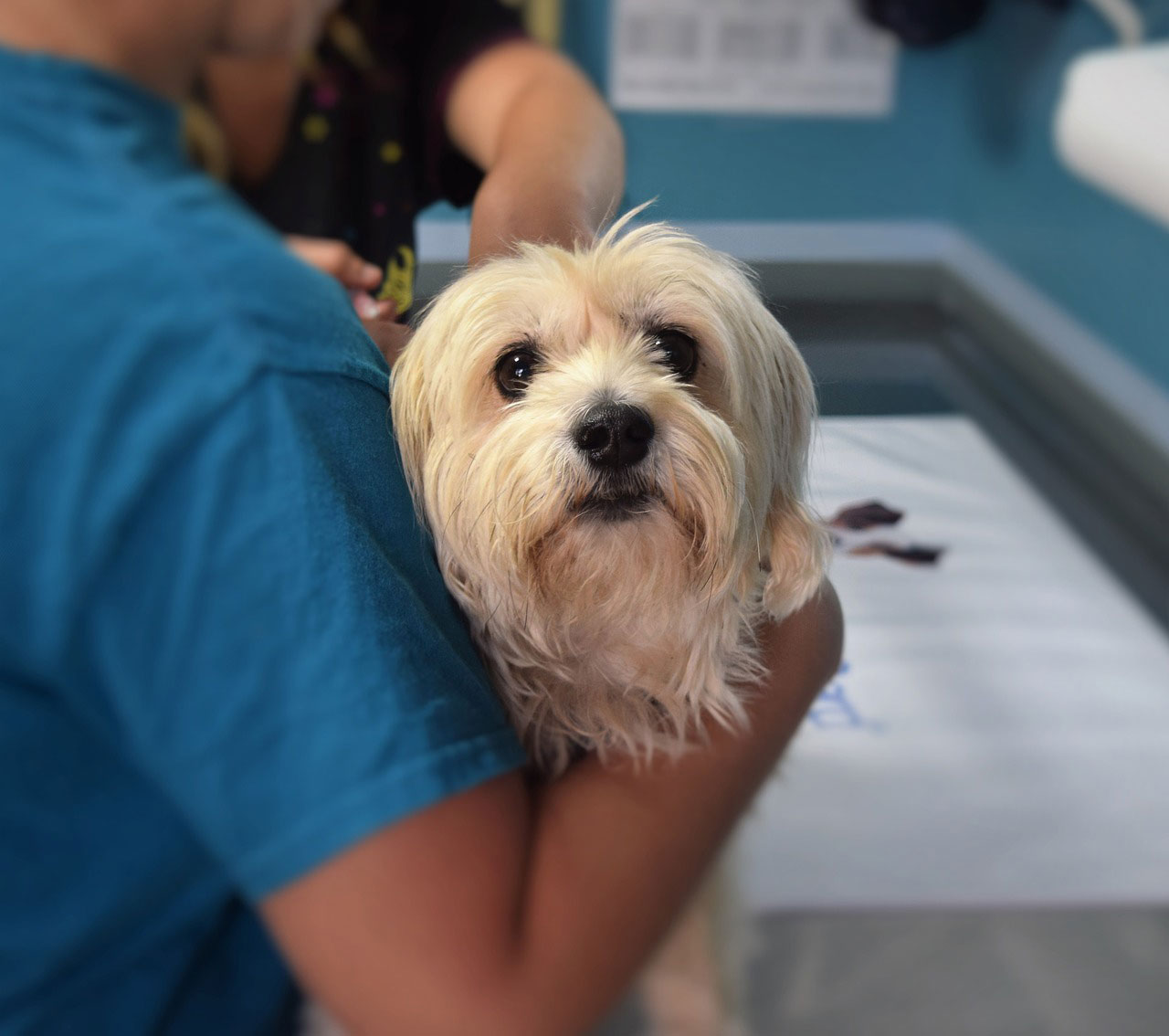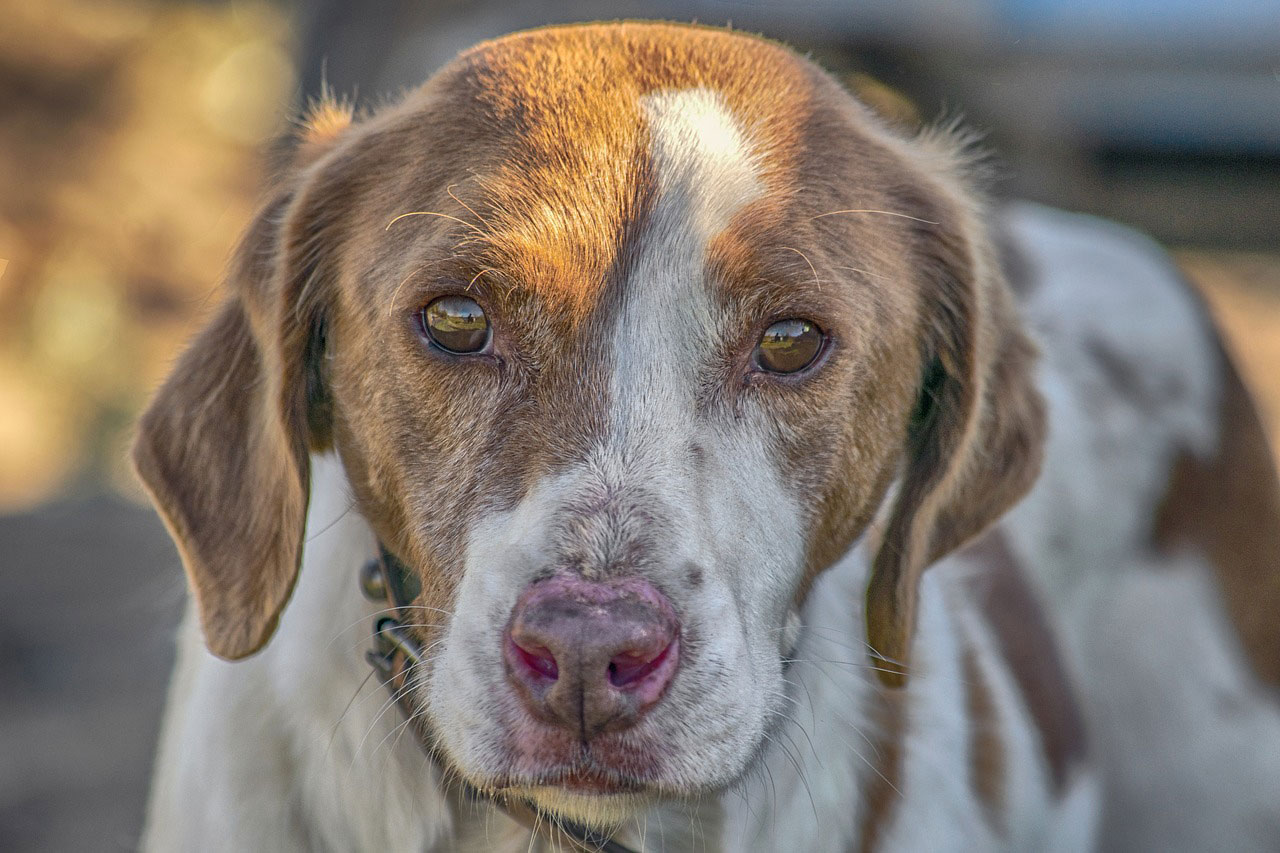
Bordetella 101: Everything Dog Owners Need to Know About Bordetella and Kennel Cough
As a dog owner, you want what’s best for your dog. Ensuring that your dog is well cared for, as you know, includes everything from finding the right food to making sure he has all the necessary puppy vaccines. While the Bordetella vaccine is not one of the core vaccines for dogs, it’s one of the most well-known non-core vaccines. This guide will teach you all about the Bordetella bacteria (often referred to as “kennel cough”), the vaccine, and what you need to know in order to keep your dog safe.
What is Bordetella?
Bordetella is a genus of bacteria that causes the inflammation of a dog’s upper respiratory system, and it’s the most common bacteria responsible for the disease in dogs known as “kennel cough.” While other bacteria and viruses can be responsible for kennel cough, (or canine infectious tracheobronchitis), since the Bordetella bacterium is the most common, people often use the phrases “kennel cough” and “Bordetella” interchangeably.
However, since Bordetella is, in fact, the cause behind the disease kennel cough, this equivocation is not truly correct. Regardless, it’s important to know that when someone is talking about either Bordetella or kennel cough, they are referring to a serious respiratory illness.
Symptoms of Kennel Cough
As mentioned above, Bordetella causes the inflammation of your dog’s upper respiratory system. The inflammation caused by Bordetella leads to coughing, often with a “honking” sound. When a dog has been infected by Bordetella, or in other words, when they develop kennel cough, this coughing is the most obvious symptom.
Other symptoms may include:
- Low energy
- Runny nose and/or sneezing
- Loss of appetite
- Fever
Kennel cough is extremely contagious and can be transmitted through the air from dog to dog, as well as through direct contact. Because of this, dogs with weakened immune systems, as well as puppies and older dogs, are at a higher risk of catching kennel cough and developing a secondary illness from it.
Treatment for Kennel Cough
If your dog develops kennel cough, there are different treatment options. Like the common cold with humans, if your dog has a mild case of the disease, rest will often be enough to cure kennel cough in a week or two.
However, according to Kevin Fitzgerald, DVM, it’s advisable to report a coughing symptom to your veterinarian when you see it (especially if your dog already has a weakened immune system), as it could be a symptom of disease besides kennel cough, like canine influenza.
Veterinarians can prescribe dogs diagnosed with kennel cough antibiotics to prevent a secondary infection and/or cough medicine to help with your dog’s coughing symptoms.
While your dog is overcoming kennel cough, it’s best to avoid contact with any other dogs or household pets, as again, the disease is highly contagious. You should also disinfect surfaces around the house that your dog frequently comes into contact with. Furthermore, it’s often recommended to walk a dog with kennel cough with a harness as opposed to a leash. This prevents further strain on your dog’s neck that could irritate his coughing and respiratory inflammation.
Prevention
Luckily, while the Bordetella bacterium causes serious disease, there are many preventative measures you can take to decrease your dog’s risk of catching kennel cough.
Bordetella Vaccine
This vaccine, while not a core canine vaccine, is still frequently given and recommended by veterinarians.
The Bordetella vaccine can help prevent illnesses associated with the Bordetella bacterium, such as kennel cough. The vaccine is administered by your veterinarian and can be given by injection or intranasally.
While the vaccine is not technically necessary, many veterinarians recommend it, especially if your dog is going to be competing in dog shows/sports, going to the dog park, going to the groomer, or attending daycare/boarding. Many boarding and daycare facilities require the Bordetella vaccine for all dogs, as a preventative measure to keep their location safe and healthy for all the dogs who visit.
Your dog can be vaccinated for Bordetella as a puppy and then typically should receive another dose every six months to a year depending on his exposure risk. Your veterinarian can help you decide if the vaccine is right for you as well as the best schedule for your dog.
Other Prevention Methods
Even if your dog receives the vaccine, like with all vaccines, he still can acquire kennel cough. In order to lessen your dog’s risk of catching the disease, you should be observant and prepared. Keep your dog away from any dogs you think might be affected by kennel cough and report symptoms to the necessary party if you see them in another dog. Before taking your dog to a daycare facility or boarding kennel, ask about their methods to prevent the spread of the disease.
Bordetella 101: The Bottom Line
Ultimately, the Bordetella bacterium that causes the disease known as kennel cough is parallel to the common cold in humans. While it’s extremely contagious, it’s typically very treatable and can often go away on its own. Unlike the common cold, however, you can talk to your veterinarian about the Bordetella vaccine to decrease your dog’s risk of becoming infected. At the end of the day, keeping yourself informed and carefully monitoring your dog, as you do in all aspects of his life, is the best way to keep him happy and healthy.

About The Author:
James Woller is a long-time dog enthusiast, and owner of Release the Hounds and Jet Pet Resort, professional dog walking and boarding companies in Vancouver, Canada. On his days off from running his companies, he enjoys learning and writing about topics that are of interest to caring pet owners.










